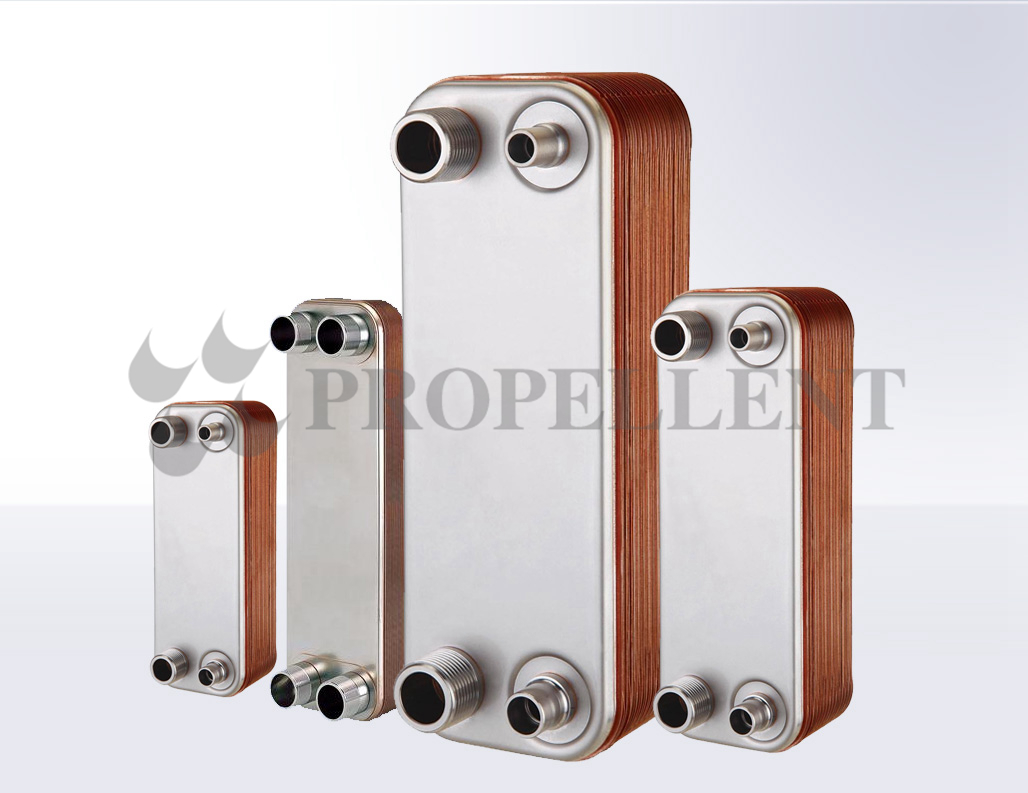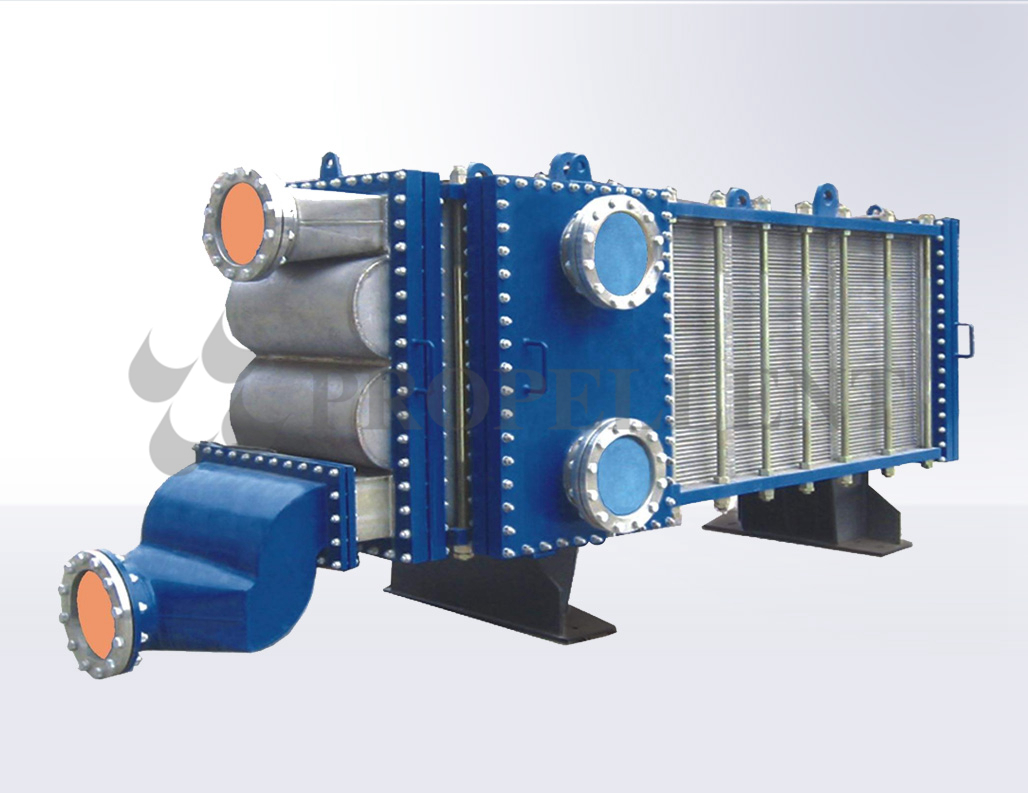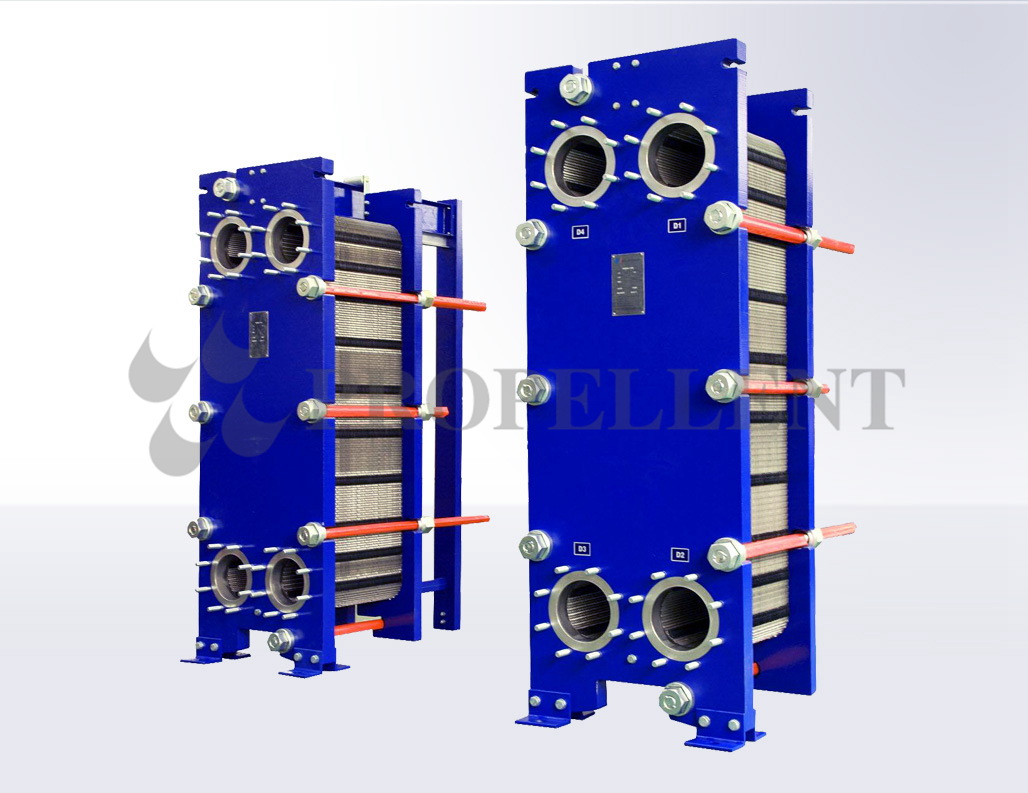Industry news
Several common types of corrosion damage in heat exchangers
1. uniform corrosion
Uniformly corrosive damage on the whole surface exposed to the medium or on a large area is called uniform corrosion.
2. contact corrosion
Two potential different metal or alloy contact each other, and dissolved organic matter in electrolyte solution in between them there will be an electric current passes through, potential is lower of metal corrosion speed, potential negative metal corrosion speed increase.
3. selective corrosion
When an element in an alloy is corroded, the phenomenon of preferential access to the medium is called selective corrosion.
4. pitting
The corrosion that is concentrated on some small points on the metal surface is called hole corrosion, or hole corrosion and pitting corrosion.
5. crevice corrosion
Sharp crack corrosion occurs in cracks and covered areas of the metal surface.
6. erosion-corrosion
Erosion corrosion is a kind of corrosion accelerated by the relative motion between the medium and the metal surface.
7. intergranular corrosion
Intercrystalline corrosion is a kind of corrosion that preferentially corrodes the grain boundary and the area around the grain boundary of metal or alloy, while the grain itself has less corrosion.
8. Stress corrosion cracking (SCC)
Corrosion fatigue SCC and corrosion fatigue SCC are material fracture caused by corrosion and tensile stress in a certain metal-dielectric system
9. Hydrogen damage
Metal in electrolyte solution, due to corrosion, pickling, cathodic protection or electroplating, can cause damage caused by hydrogen percolation.

Editor’s Note: This is a guest post from Corrosion and Protectionon Wechat , just for sharing



